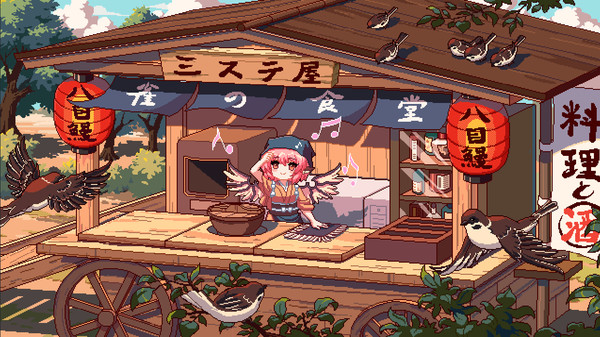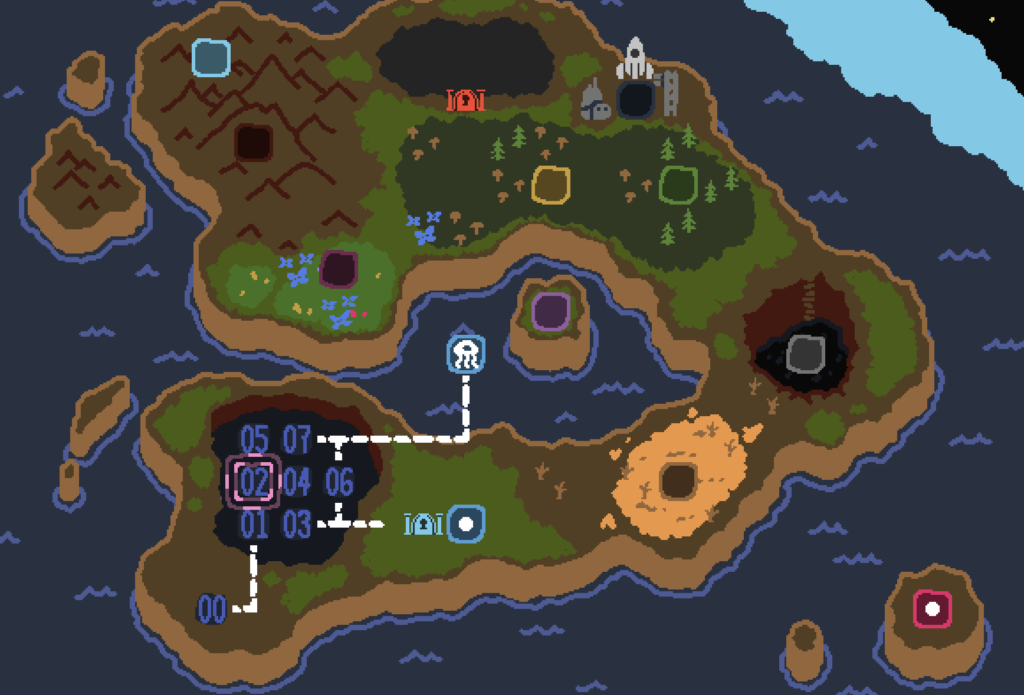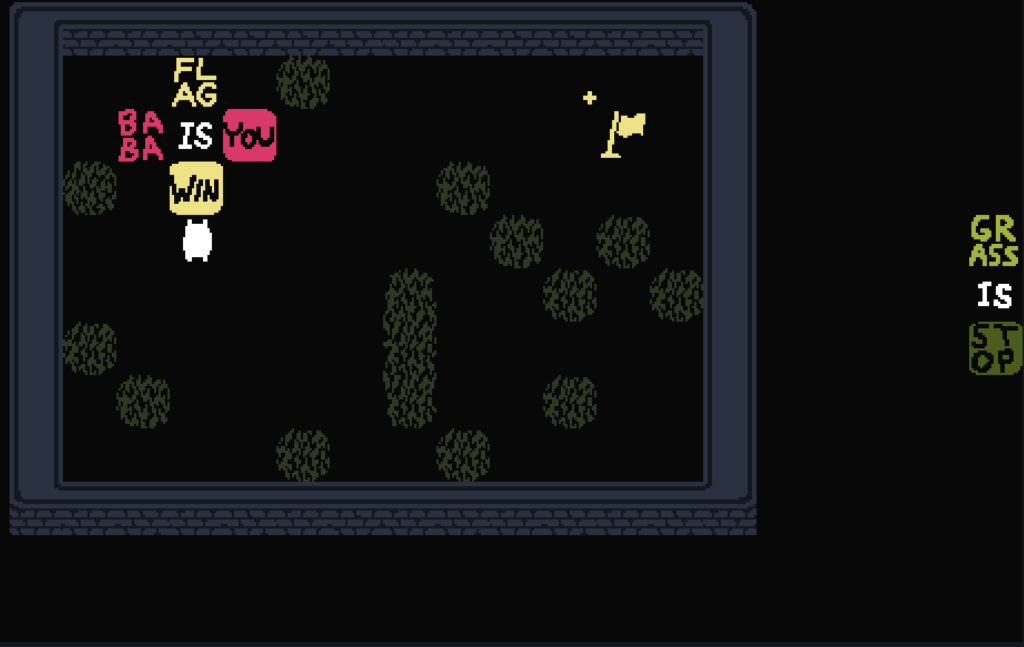Sweet Baby Inc. serves as consultants hired by developers to address inclusivity requirements for government grants.
Before delving into this topic, it's essential to consider various perspectives. Regardless of personal preferences regarding "woke" elements in games, it's crucial to understand that players and most developers are not to blame; rather, the focus should be on critiquing the game itself. In recent years, there has been a noticeable increase in the inclusion of token, predictable, and disruptive narratives in gaming. However, it's worth noting that not all stories featuring "woke" elements are inherently bad. Games like "Signals", "Undertale", and "Baldur's Gate 3" successfully incorporate such themes. Conversely, titles like "Assassin's Creed: Valhalla," "Horizon Zero Dawn: Forbidden West," and "Mass Effect: Andromeda" have faced criticism despite having potential and having great success in the past. The injection of "woke" elements can be viewed as a symptom rather than the root cause.
One significant factor contributing to this trend is the funding obtained through government systems that often come with checkboxes, a practice prevalent among Government Contractors. Games developers may hire consultants like Sweet Baby Inc. to address inclusivity requirements stipulated by government grants. Grants from the US government, for instance, may have stipulations enforcing a percentage of workers from specific racial, gender, or creed backgrounds. This percentage directly impacting the amount of the grant. Similarly, research or National Endowment for the Humanities (NEH) grants might require or prioritize narratives featuring certain demographics. While the extent of these requirements varies case by case, they undeniably influence storytelling. It's challenging to discern the full scope of these conditions, given that grants at the multi-million-dollar scale are typically case-specific and rarely publicized.
Large game developers and publishers rely heavily on external funding to sustain their operations and mitigate the risk of failure. Most studios can ill-afford multiple game flops, making them dependent on grant money. Paradoxically, while such funding mitigates financial risk, it may inadvertently compromise creative freedom. Much like drinking unicorn blood can save a wounded studio, it leaves them a shell of their former selves. So the green blood injecting checkboxes are arbitrarily inserted into narratives, obvious in their recurrence across unrelated stories. Developers find themselves navigating these hoops to secure funding, while audiences grow weary of repetitive tropes.
Amidst polarization and misinformation, both pro and anti-"woke" factions seek to stir controversy and attract attention to their content. However, scant attention has been paid to examining the workings of this system or tracing its origins. While some attribute the trend to Western politics, the notion that widespread actions causing multimillion-dollar games to adopt such themes emerged solely from political shifts seems implausible when faced with such consistent failures. Survival in the competitive gaming industry demands financial viability, making rapid failures unsustainable... unless one's financial well-being is made from unicorn blood.
Video games offer one of the most affordable year-round hobbies in many countries. With movies costing as much as games but offering significantly shorter experiences, it's evident that gaming holds a special place in people's hearts. Mine especially. While there are undoubtedly individuals with biases, dismissing dissenting voices as merely "ist" is simplistic. However, we do know some "ist" is involved at the fringe on both sides. I would say, instead, it's more constructive to discuss legislative requirements governing government spending on consistently failing video game companies.
Gamers' discontent with Sweet Baby Inc. is understandable, given the perception that the consulting firm plays a role in shaping narratives to meet inclusivity requirements. Owner Kim, a savvy businesswoman, occasionally makes ill-considered remarks. Which is only fueling further frustration. However, there's no value in engaging them regardless of intent. Conversely, consumers have the right to avoid material they find offensive, and if they wish to form groups to boycott certain games, it's their prerogative. Gaming thrives when it embraces diversity of thought and skills while eschewing mundane conventions.
I am going to go pick up my girlfriend from work and probably stream later today. Remember to be kind to one another.
As a devoted Legend of Zelda fan since my childhood, my gaming journey began with the N64. Initially, I got Pokemon Stadium, but my dad surprised me with Doom 3, leading to thrilling late-night sessions and weeks of nightmares. As time passed, I ventured into The Legend of Zelda: Ocarina of Time and Major's Mask, the latter of which scared me at my tender age of 7-8. Over the years, I've played over 400 unique games, but the Zelda series, especially Major's Mask, Wind Waker, and The Minish Cap, hold a special place in my heart as my top three favorites. So it hurts to be so disappointed with this latest addition.
With the advent of a new generation of Nintendo games, open-world concepts have taken the spotlight. While Japan is known for slowly adopting trends, they excel in capturing critical aspects, even if they sometimes lack innovation. I can't help but worry that we might witness an influx of Zelda-like open-world games, including The Legend of Zelda: Breath of the Wild (BoTW) and The Legend of Zelda: Tears of the Kingdom (ToTK). These games boast vast worlds, great mechanics, and intriguing cultures, but they can also leave players with a slightly empty feeling, a common issue in open-world games.
In comparison, Western games like Oblivion, The Witcher (particularly The Witcher 3), and Ghost of Tsushima have successfully overcome this issue. Eastern games like Yakuza, Final Fantasy (to varying degrees), and Genshin Impact have also mastered the art of creating open worlds that feel large, lived-in, and interconnected. It's not about the size of the world, but the space needed for exploration and to showcase various aspects, such as the dangers faced while traveling. Cultures develop in this space, giving rise to unique artifacts that define each world. Consistency is key, but well-timed exceptions to certain rules add depth and weight to the world's dynamics. Things that other installments have solved, cough Twilight Princess, cough Majora's Mask, cough Ochorina of Time.
The OW Zelda games have touched upon other cultures through diverse shops and races, but they lack depth and variety. To expand on this, introducing subcultures, like Rito enjoying shield surfing despite having no need for it, or a Goron apprentice working in the Gerudo gem shop, could add richness to the towns and regions.
However, these are just surface improvements. Concerns arise with the most recent addition, ToTK, being merely a slight modification of BoTW. Nintendo has received little backlash for recycling assets, mechanics, characters, and armor. The only new innovation is the building system, which, while deep, is rather limited. Interactivity generally involves one layer of development, similar to elements found in BoTW. Abilities in ToTK trace back to different actions or powers, making it challenging to identify what is genuinely new. The underground and sky are new additions, but they mostly reuse existing assets. The statues in the underground are a notable exception, but beyond that, there seems to be a lack of innovation.
Perhaps my concerns are unique, but the game feels uninspired to me. Despite that, we end up with more of the same game, almost like this is what Masters Quest for BoTW should have been. Please note, this does not mean either are bad games, just that they haven't matured like some titled mentioned.

Feel free to watch my Youtube Video on this!
Touhou Mystia's Izakaya is a delightful fusion of Japanese folklore, tantalizing cuisine, and amusing storytelling. You see many odd and beautifully drawn sprites throughout game. While I wouldn't call anything in this game world class it definitely has a theme and keeps to it.
Something I wasn't prepared for was a feast for the senses. Touhou Mystia's Izakaya invites players to indulge in a visual feast. The meticulously crafted pixel/sprite art and vibrant colors bring the izakaya to life, immersing you in its cozy atmosphere. The soundtrack while repetitive is composed of traditional Japanese tunes, adds an authentic touch and further enhances the experience. Prepare to be captivated by the stunning visuals and melodic ambiance as you navigate through the izakaya's intriguing world.
Every character comes with personality and is one of the highlights of this game. From the charming proprietor Mystia to the curious regulars and mythical creatures that frequent the izakaya, each character possesses a unique personality and backstory. Engage in heartfelt conversations, uncover their secrets, and forge meaningful connections as you explore the rich tapestry of their lives. The game beautifully weaves together narratives, folklore, and personal journeys, immersing players in a tale that goes beyond a typical culinary experience.
This game also surprised me with exploration and discovery. Beyond the delightful izakaya setting, I was shocked to find a world waiting to be explored. I could embark on quests, unravel mysteries, and discover hidden secrets. Their where multiple journeys through various locations, outside the izakaya. The game strikes a balance between engaging storytelling and interactive gameplay, allowing you to immerse yourself in the captivating world while enjoying the freedom to roam and interact with its inhabitants.
The most important part of any food game is the culinary delights. This game steps into the world of traditional Japanese cuisine as Mystia's Izakaya serves up a delectable array of dishes. From mouthwatering sashimi and tempura to savory yakitori and comforting bowls of ramen, the menu is filled with tantalizing options. The attention to detail is remarkable, with most dishes being intricately designed and presented. Engage in a singing mini-game that involve cooking and serving these culinary works of art, and watch as your customers savor or hate each bite. Surprisingly the songs offer buffs to help you meet demand, but I won't spoil anything.
Touhou Mystia's Izakaya is a delightful blend of captivating storytelling, stunning visuals, and mouthwatering cuisine. Its immersive world, charming characters, and engaging gameplay make it a standout experience for both gaming enthusiasts and fans of Japanese culture. Whether you're exploring the izakaya's secrets, savoring delectable dishes, or forging connections with its inhabitants, this game offers an unforgettable journey that will leave you enchanted and craving for more. At a very cheap $6 this is a steal! So grab your chopsticks, embrace the magic, and embark on an adventure through the enchanting world of Touhou Mystia's Izakaya.
where you change the rules!
I have heard about this game for about two years, but puzzle games aren't normally my go-to to relax instead I tend to play rogue-like deck builders like Slay the Spire or management games like Rimworld.
However, this year was the year I broke. A long-term bud of mine posted on my Steam Channel to give it a shot, and considering it was only $14.99 I figured the price point would be low enough that I could get a good $/Time ratio. So I downloaded it a few weeks ago and WOW. I was wrong to wait so long for this game.
It took me about 4hr to beat the main "story" though I find that kind of laughable. The story is just a line of puzzles that as far as I can tell had no plot. However, the puzzles in them are a great tutorial for all the side content and that is the meat of the game.

The puzzles aren't something like Talos Principle or Soma with the 3D aspect this game is supposed to be a pure 2D puzzle, but this game allows you to mess with the physics with logical sentences. Like Baba is you is what determines your control, but what if you make it Wall is You?
This game catches you off guard in many ways. You will keep working on problems and think you need to do things one way and then finally realize that functional fixedness is a thing and nothing says the walls are blocked. Then you realize you can use the same line that allows you to control your baba can be used to make a win condition.

Overall, I have to say this game was a great buy and if you like puzzles of any type this would be a solid purchase. I am easily going to pass a dollar to an hour of gameplay and I suspect so shall you!